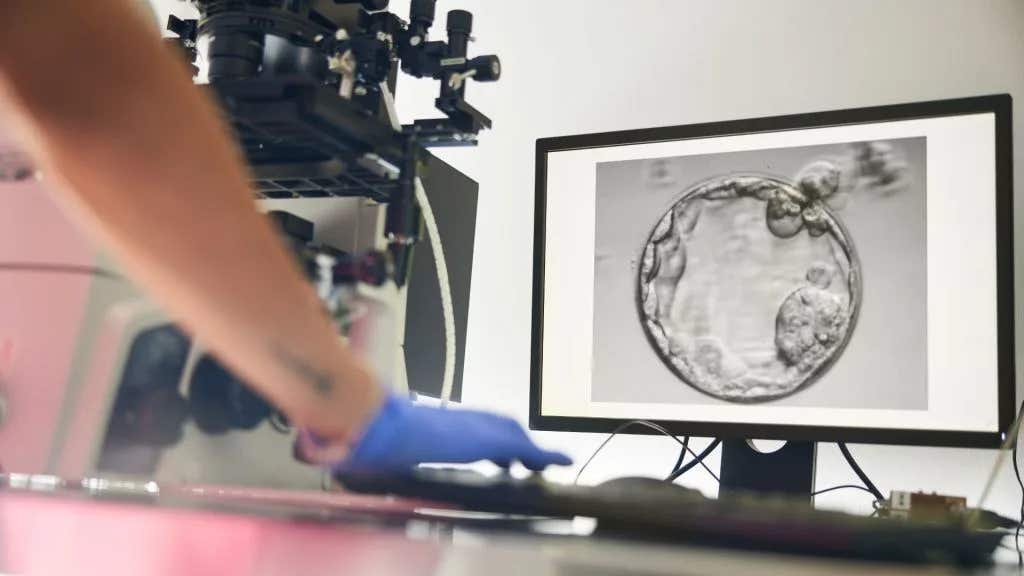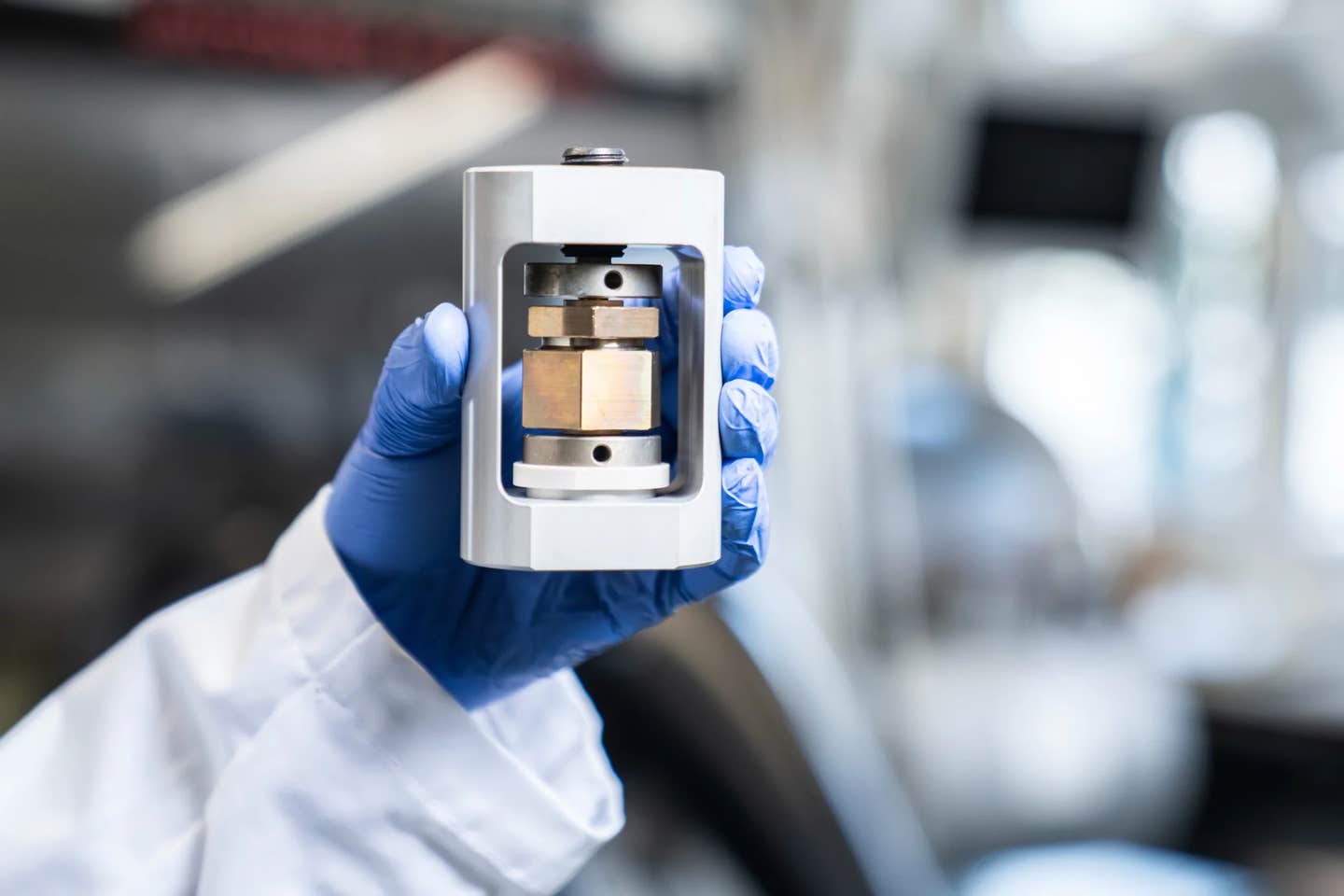Self-deception: The hidden way you might be cheating yourself
People cheat for more than money. New research shows they also cheat to feel smart or healthy—often without realizing it.

People cheat even without rewards—just to feel smart or healthy. A study shows how self-deception tricks the brain. (CREDIT: Adobe Stock)
People often cheat to win money, get prizes, or beat others. But what if there’s nothing to gain except feeling good about yourself? Would people still bend the rules just to feel a bit smarter, more accomplished, or healthier? New research says yes—and shows exactly how and why they do it.
A study led by Professor Sarah Dommer of Penn State University explored how people cheat even when there’s no reward beyond self-satisfaction. Her work explains that people sometimes fool themselves in ways that go unnoticed, even by their own conscious minds.
Cheating for Self-Worth
Across four different experiments, researchers found that people cheat not just for things like cash, but also for how they feel about themselves. If cheating lets someone believe they’re smart or capable, they may not even recognize their behavior as wrong. They lie to themselves and truly believe their success comes from talent, not cheating.
This self-deception is called diagnostic self-deception. It happens when someone cheats, but then tells themselves the good outcome was due to their own ability. Even if it’s clear they had an unfair advantage, they manage to block out that fact and boost their self-image instead.
Dommer explained, “I found that people do cheat when there are no extrinsic incentives like money or prizes but intrinsic rewards, like feeling better about yourself. For this to work, it has to happen via diagnostic self-deception, meaning that I have to convince myself that I am actually not cheating.” This form of cheating isn't always deliberate. It can happen under the radar, where people don't realize how they're skewing their own judgment.
Healthier by Dishonesty?
The first study involved 288 college students who were shown meal descriptions and asked to track calories using a food app. One group received exact calorie counts. The other didn’t, and had to choose from five different calorie options.
Related Stories
One example was a breakfast of pancakes and butter. The calorie options ranged from 300 to 560. Without clear data, many students in the group without calorie info chose the lowest numbers. Rather than averaging the values or estimating honestly, they entered lower numbers, making it seem like they had eaten less.
This let them believe they were eating healthier than they actually were. Their cheating helped them build a better image of themselves without any outside reward—just a feeling of being more health-conscious.
Outsmarting the IQ Test
In a second study, researchers gave 195 adults a 10-question IQ test. Some participants had a chance to cheat: the correct answers were lightly highlighted. They were told to keep track of how many they got right and later report their scores themselves.
Afterward, everyone took another 10-question test where cheating wasn’t possible. They also guessed how well they thought they would do on that second test.The group who had cheated on the first test gave themselves higher scores than the control group and expected to do well again.
Their belief wasn’t based on their actual skill, though—it was based on a false sense of confidence built on cheating. When tested without help, they didn’t score as high, showing their true ability was lower than they thought.
The results showed how cheating can warp someone's view of their own intelligence. After doing well with help, they started to believe they were truly smarter.
Tricking the Brain with Words
A third test asked participants to unscramble letters to form real words. One version of the task had no help. The other revealed the correct word after three minutes, giving those in the cheat group a way to boost their scores. Like in the earlier study, those who saw the correct answer ended up claiming they solved more words. They also believed the task was a good way to measure intelligence—and that their performance reflected their smarts.
They rated their own intelligence higher than the control group did. They thought, “I’m doing well because I’m smart,” rather than admitting, “I got help.”
“Participants in the cheat group engaged in diagnostic self-deception and attributed their performance to themselves,” said the researcher. “The thinking goes, ‘I’m performing well because I’m smart, not because the task allowed me to cheat.’" This shows how easily people reshape their thoughts to match the outcome they want.
When Doubt Lowers Cheating
The last experiment involved a financial literacy test. This time, researchers added a twist. Before taking the test, some participants read a statement explaining that most adults in the country cannot pass a basic financial literacy test.This small detail had a big effect.
By adding uncertainty—making people doubt their financial skills—it became harder for them to deceive themselves. They now cared more about accuracy than about looking smart. Cheating dropped. After the test, participants also rated themselves on financial traits like saving ability, understanding credit, and budgeting.
Those who read the statement seemed more honest with themselves, showing that even a little doubt can reduce the urge to cheat and self-deceive. Dommer explained, “How do we stop people from engaging in diagnostic self-deception and get a more accurate representation of who they are? One way is to draw their attention to uncertainty around the trait itself. This seems to mitigate the effect.”
The Risks of Lying to Yourself
Most people think of cheating as a conscious choice. They imagine someone knowingly taking advantage to win. But this study shows something else: sometimes, cheating is sneaky—even to the person doing it.
The research challenges the belief that all cheating is on purpose. It suggests that some people cheat almost by accident, especially when they want to feel better about themselves. “I don’t think there’s a good cheating or a bad cheating,” said Dommer. “I just think it’s interesting that not all cheating has to be conscious, explicit and intentional.”
But just because it’s subtle doesn’t mean it’s harmless. Fooling yourself about your intelligence, health, or financial skills can lead to problems. People may skip helpful tools or advice because they wrongly think they don’t need them.
“These illusory self-beliefs can still be harmful,” Dommer said, “especially when assessing your financial or physical health. When a person engages in diagnostic self-deception, they may underuse products and services designed to help them. This is why it’s important to be aware of illusory beliefs and strive to seek accurate self-assessments.”
In other words, it’s easy to fall into a trap where you believe you’re doing better than you are. And once you believe it, you’re less likely to improve or seek help.
Why This Matters
Even when there's nothing to win, people may still cheat. Not for money or rewards, but to feel smarter, more capable, or healthier. It’s a quiet kind of cheating that hides behind self-confidence. That’s what makes it hard to spot—and even harder to fix.
This research helps show why honesty with yourself matters. By paying attention to uncertainty, and by understanding the subtle ways your mind can fool you, it becomes easier to grow in real and healthy ways.
Research findings are available online in the Journal of the Association for Consumer Research.
Note: The article above provided above by The Brighter Side of News.
Like these kind of feel good stories? Get The Brighter Side of News' newsletter.



